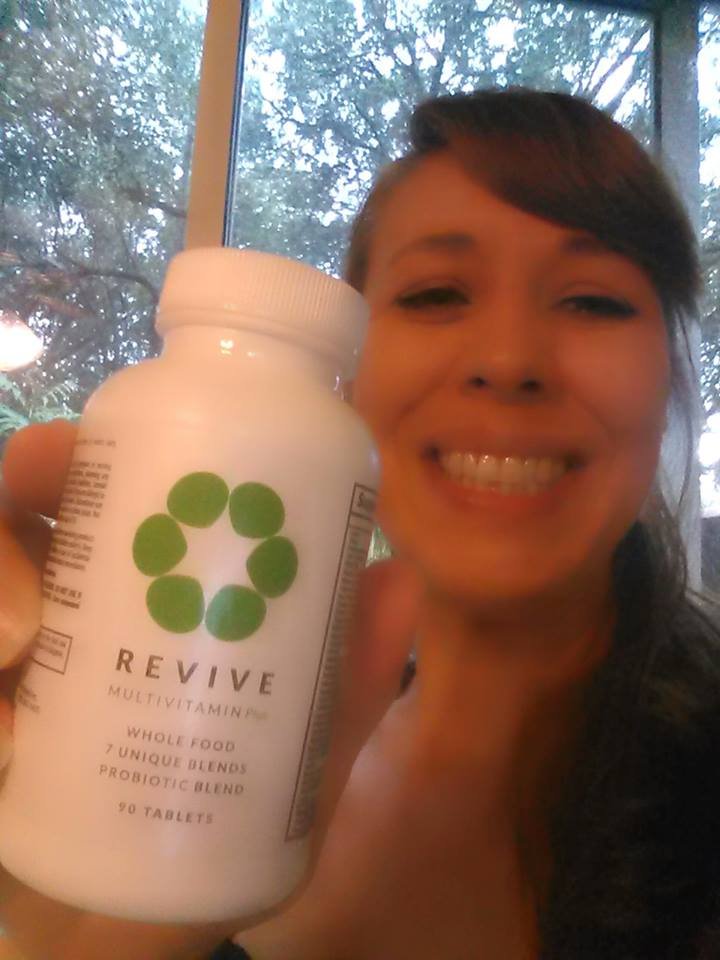
Is our current health care system a big racket just to take your money and keep you sick?
Does the industry want people to live up to their truest healthy potential or do they want lifetime customers?
Why do they concentrate so much on the symptoms and not the root issues?
Who influences the professors that teach our medical doctors in universities across the US?
I've spent many years working in the health care industry and on my own time I have spent countless hours researching natural cures, remedies and nutrition. I have personally seen the effects of conventional medicine on the general population. I've seen how much money people spend on what they think is "health care" but is really "sick care perpetually induced".
I will be writing in more depth on all of the above (so stay tuned) but right now I'd like to focus on the idea of taking our health and our family's health into our own hands. There is no one that will advocate for you more than you, yourself. Conventional doctors can be wonderful, caring people but they are trained to look at our problems from a skewed perspective. Most medical schools are funded by "Big Pharma". They influence what our medical students learn. The average medical program spends only a small fraction of time on nutrition. Granted, they understand the human body in detail and it is only logical to value their expertise in this area.

What do they know about nutrition? What do they know about clean air and water? What do they know about the health affects from pollution in our environments such as the chemicals in carpet, in paint, in our mattresses and our clothing? What do they know about the chemicals that plastics leach into the air and into our foods and drinks? Going even a step further...what do they know about the physical manifestations in the body from stress, abuse, negativity, spiritual attacks?

Most conventional doctors don't know much about helping the body heal itself and stay in balance. They do however know a great deal about pharmaceutical drugs and which ones our bodies need for different diseases and ailments. They do know how to operate on the body to remove parts of the anatomy and fix what is broken. In my personal opinion, there are two types or categories of doctors: wellness doctors that focus on keeping a person well with treatments and supplements and healing and then there are emergency/surgical doctors that act when the body has been traumatized or malfunctions.
I prefer Homeopathic or Naturopathic doctors that understand that our bodies are designed to heal themselves when given the correct tools. These type of doctors have focused on the nutritional side of medicine. They look for solutions to make their patients well, to help them live the most healthy lifestyle possible. Why are these doctors generally not "in the network" with our health care plans? They have real solutions to our health needs. Well, quite frankly, there is no money in it for the pharmaceutical companies because these doctors do not turn to prescriptions of synthetic drugs as the first line of defense. The pharmaceutical companies don't want you to know that these synthetics are actually destroying our bodies in most cases. Are there reasons to take some prescribed drugs? Yes, of course. Some are life-saving and necessary. There is a huge difference between those types of cases and the general patient's needs.

So let's look at the financial side of it. The average middle-class person pays $393 per month for single coverage. . That adds up to $4716 per year. On top of that, the average annual deductible is about $5,000 per person. Some plans require a deductible be paid before any major services will be paid by the insurance company and for other plans it must be met even before even some routine services will be paid by the insurance company. Add annual prescription costs for people that go to the doctor regularly and listen to the advice of their doctor, which usually prescribes something at every visit. The average person will spend upwards of $500 per year depending upon the class of drug they need. The total an average person might pay annually on health care then adds up to about $6,000-$10,000. This amount just serves as a baseline for people that are generally healthy but utilize the conventional system regularly.
What if a person bought into health insurance to cover emergencies and surgeries only, essentially catastrophic coverage? The cost might be about $3000 per year if it is not used. The deductible would be on average $6,000-$10,000. How often do you really have an emergency, a surgery or use major services? Then you can pay cash for Nutritionists, Chiropractors, Massage Therapists, Naturopaths or Osteopaths (all of which are generally not covered under insurance). They will likely guide you towards true health and wellness, therefore avoiding major diseases, treatments and surgeries later in life.

What if you spent the money you would normally spend on prescription drugs on natural supplements, organic food and natural home and beauty products instead? What if you invested in the cost of a monthly gym membership or sports equipment that encourages you to be more active? Would you be much happier and healthier?
I say yes...big time!
For more information on an alternative to traditional health care insurance coverage, visit https://mychristiancare.org/medi-share/
Also check out Uncorked for a fantastic line of natural products and supplements at http://uncorkedwellness.com/

This post recieved an upvote from minnowpond. If you would like to recieve upvotes from minnowpond on all your posts, simply FOLLOW @minnowpond